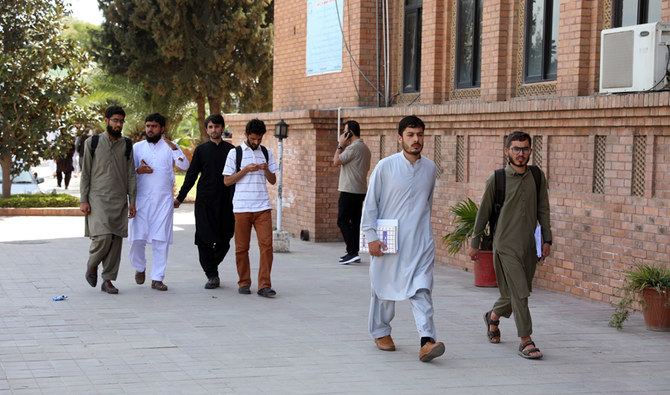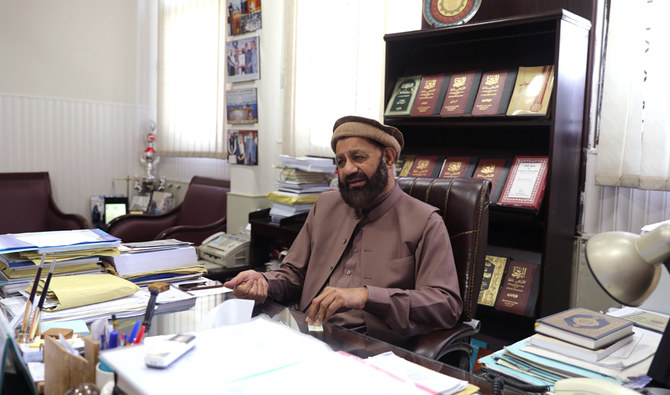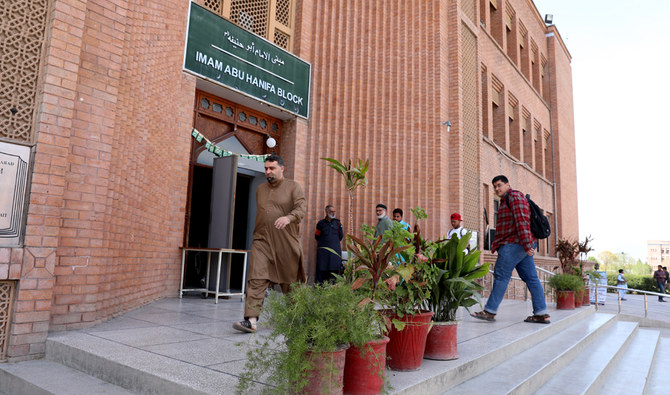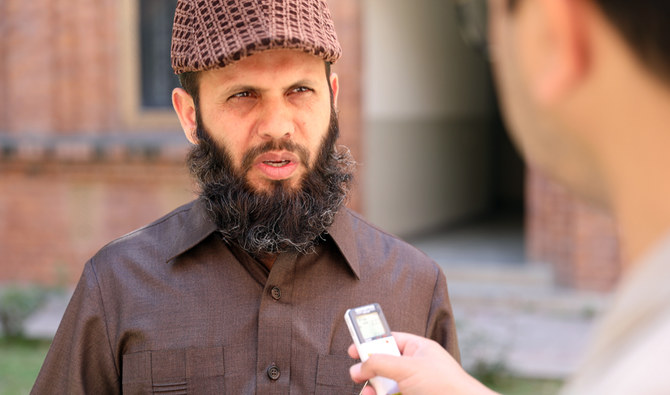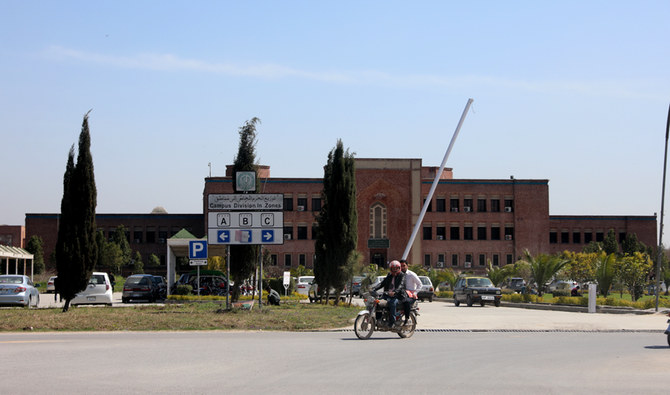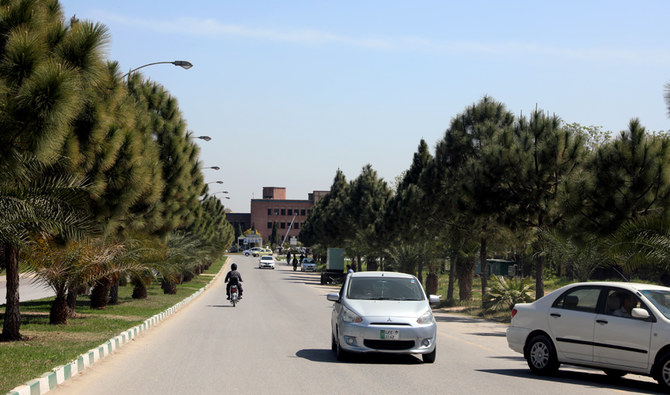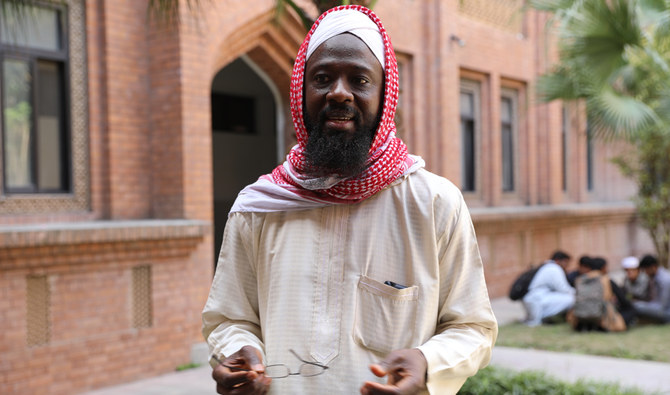ISLAMABAD: Pakistani and Afghan officials on Monday held an inaugural round of the additional secretary-level talks in Islamabad to discuss trade, visa, security, connectivity and refugee issues, amid a thaw in relations between the two neighbors.
The development comes weeks after a meeting of the Pakistani, Afghan and Chinese foreign ministers in Beijing, after which FM Wang Yi had said that Islamabad and Kabul had expressed a willingness to elevate their diplomatic relations. It was followed by the upgradation of the diplomatic representation of the two countries to the ambassador’s rank.
Pakistan and Afghanistan have had rocky relations mainly due to a spike in militancy in Pakistan’s western regions that border Afghanistan, following the Taliban’s takeover of Kabul in 2021. Islamabad says anti-Pakistan militants carry out cross-border attacks using safe havens in Afghanistan, a charge Kabul denies. Another source of tension has been Pakistan’s drive to expel Afghans, which first began in Nov. 2023.
The two sides held the inaugural additional secretary-level talks, pursuant to the decisions reached during the visit of Pakistan’s Deputy Prime Minister Ishaq Dar to Kabul in April, during which he had held meetings with top Afghan leadership that encompassed peace and security, people-to-people contacts, and trade and economic cooperation, according to the Pakistani foreign office.
“Both sides recognized terrorism as a serious threat to regional peace and security. The Pakistani side emphasized the need for concrete actions against terrorist groups operating on Afghan soil, noting that such groups undermine Pakistan’s security and hinder regional development,” the Pakistani foreign ministry said.
“The two sides exchanged views on deepening trade and transit cooperation. They reviewed the implementation status of measures announced during the visit of Deputy Prime Minister/Foreign Minister of Pakistan to Kabul for facilitating Afghan transit trade, including the removal of a 10 percent processing fee, provision of an insurance guarantee, reduction in scanning and examination, and operationalization of the track and trace system.”
The Pakistani side was led by Additional Secretary for Afghanistan and West Asia, Ambassador Syed Ali Asad Gillani, while the Afghan side was led by Director-General of the First Political Division at the Ministry of Foreign Affairs of Afghanistan, Mufti Noor Ahmad Noor.
They underlined the importance of enhanced regional connectivity as a catalyst for sustainable growth and shared prosperity.
“Noting the strategic significance of the Uzbekistan-Afghanistan-Pakistan Railway in that regard, they agreed to make concerted efforts toward the early finalization of the Framework Agreement,” the Pakistani foreign ministry said.
The 850-kilometer-long railway connectivity project aims to link Central Asia with Pakistan’s southern ports of Gwadar and Karachi through Afghanistan to improve trade access for landlocked countries and strengthen economic integration across the region.
Afghanistan’s foreign ministry said the two sides stressed the need to resolve the “issues of Afghan prisoners and refugees in Pakistan and facilitate the provision of visas to Afghan patients and businessmen.”
Pakistan this year said it wanted 3 million Afghans to leave the country, including 1.4 million people with Proof of Registration cards and some 800,000 with Afghan Citizen Cards. There are a further 1 million Afghans in the country illegally because they have no paperwork, according to officials.
“Pakistan side shared an overview of its efforts to facilitate documented travel from Afghanistan, notably through the issuance of over 500,000 visas since January 2024 to date across a range of categories such as medical, tourist, business, and study. Both sides agreed to work together to further strengthen the legal movement of individuals across borders,” Islamabad’s foreign ministry said.
Both sides assured of continued mutual communication and cooperation to address current challenges and described security as important for regional development and further strengthening bilateral relations, according to the two foreign ministries.
They decided to convene the next round of the additional secretary-level talks at mutually convenient dates.
Later, Mufti Noor called on Pakistan’s Foreign Secretary Amna Baloch at the “successful conclusion” of the first round of Pakistan-Afghan political consultations, according to the Pakistani foreign office.
“The foreign secretary stressed on regular engagement to deepen ties, address concerns and promote regional peace and prosperity,” it added.


